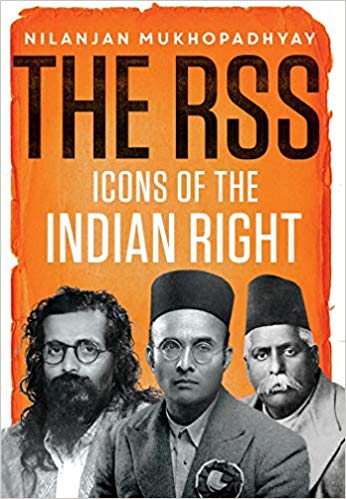Nilanjan Mukhopadhyay is better known as a prolific columnist and author. Quite often his journalism is considerably informed by modern Indian history, more particularly Hindu-Muslim relations. Besides, he has also authored a few books which include a biographical account of Narendra Modi and also a detailed account of the anti-Sikh pogrom which was unleashed after the assassination of the then Prime Minister Indira Gandhi in 1984.
The volume under review is a study of India’s eleven politicians of the Hindu Right Wing. Over three decades ago, noted biographer, historian and commentator, Rajmohan Gandhi had brought out a collection of eight Muslim lives through which he tried to understand the minds of India’s Muslims who contributed in education and politics in late 19th and first half of 20th century. This immensely popular book ran into many editions and reprints.
Comparisons are most often odious. Yet, it becomes obviously noticeable that the two highly readable accounts––Rajmohan’s and Mukhopadhyay’s––have got striking parallels in terms of the rigour of research and lucidity of articulation. Both these books deal with the political processes of modern Indian history through certain personalities.

